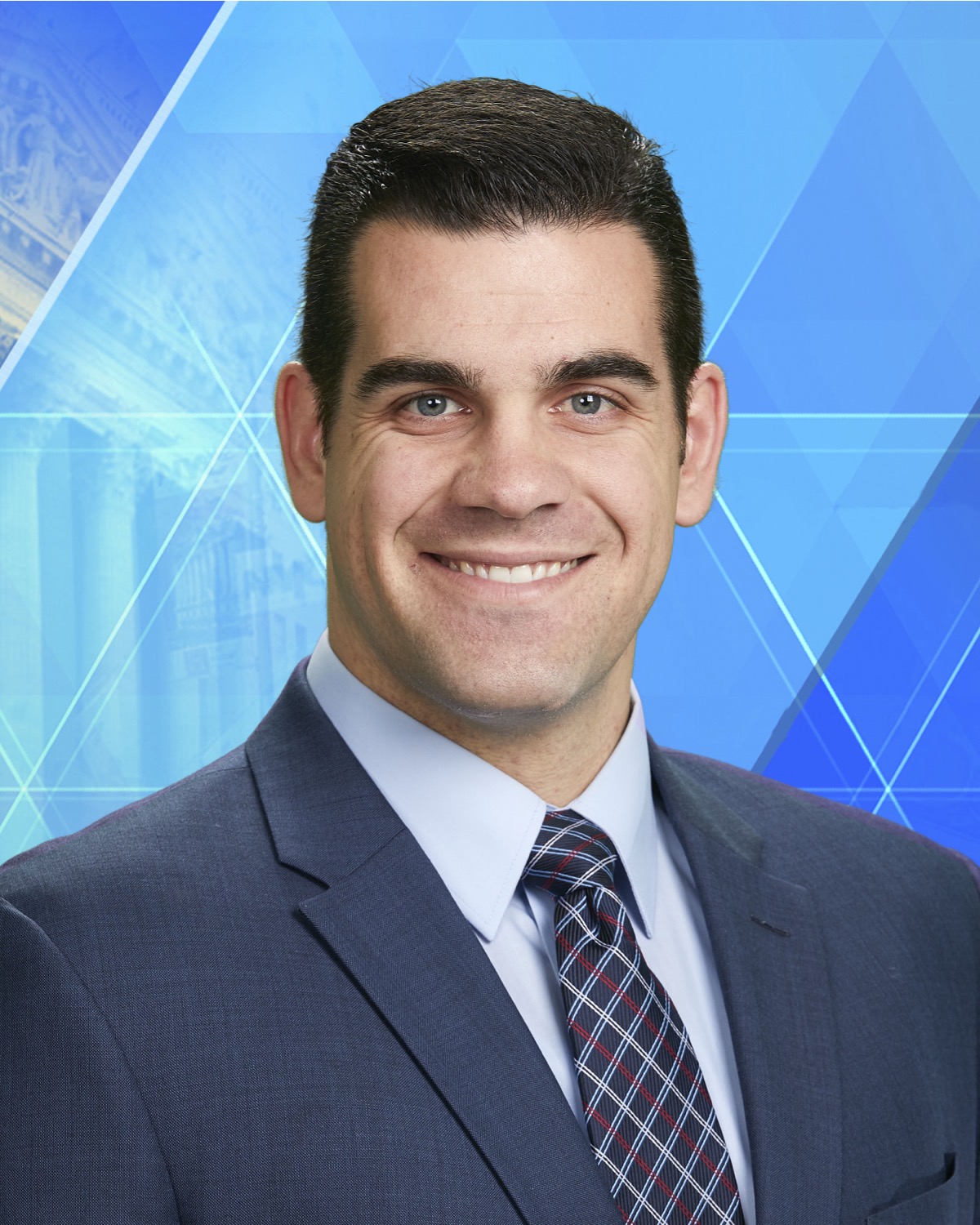3 simple investment tax savings you don't want to miss
- Rob Cook
- Nov 6, 2024
- 3 min read
Updated: Nov 11, 2024
You work hard, and every dollar you deserve to keep and use to help you become financially free as quickly as possible.
But what if you could keep more of your hard earned dollars by knowing a few smart tax moves?
Let’s dive into three types of income that high earners like yourself might know of but not be familiar with the tax implications: dividends, interest, and capital gains.
Understanding the differences in how these are taxed—and choosing the more tax-friendly options—can help you hold on to more of what you’ve earned and reach financial freedom faster.
Let’s break it down.
Dividends: Qualified vs. Ordinary
Dividends are little payouts that companies give to their shareholders (aka, you!) as a reward for holding onto their stock. There are two main types: ordinary dividends and qualified dividends.
Ordinary Dividends: These are taxed like your regular income, which means they get hit at your highest tax rate. So, if you’re in a high tax bracket, you could be paying 30% or more in taxes on these.
Qualified Dividends: These, on the other hand, are a lot friendlier tax-wise. They get a special, lower tax rate—think more like 15-20%, depending on your total income. That’s potentially half the tax rate of ordinary dividends!
The only difference between ordinary dividends and qualified dividends is that a qualified dividend comes from U.S. companies or certain foreign companies and you’ve held on to the stock that pays the dividend for at least 60 days.
That’s it! A simple adjustment for potentially huge tax savings that you can use to reach your financial goals more quickly.
Interest: Municipal Bond Interest vs. Ordinary Interest
Interest can come from a lot of places—like savings accounts, CDs, or bonds. But not all interest is created equal in the eyes of the IRS.
Ordinary Interest: Interest from most sources, like bank accounts or corporate bonds, gets taxed as ordinary income. That means it’s treated just like your salary—at your highest tax rate.
Municipal Bond Interest: Here’s where it gets interesting. Municipal bonds, which are loans you make to local governments, pay interest that’s usually tax-free at the federal level and sometimes even at the state level, too! So, if you’re in a high tax bracket, these tax-free interest payments can be a huge win.
High earners can save big by investing in municipal bonds, especially if you live in a high-tax state where the state income tax break applies like California.
Capital Gains: Long-Term vs. Short-Term
Capital gains are the profits you make from selling investments like stocks, property, or other assets. There are two types here: short-term and long-term, and their tax rates are very different.
Short-Term Capital Gains: If you sell an investment you’ve held for less than a year, it counts as a short-term gain, and the IRS taxes it as regular income. For high earners, that means a high tax rate—again, 30% or more.
Long-Term Capital Gains: Hold onto that investment for over a year, and now you’re in long-term capital gains territory. These gains get a much lower tax rate, similar to qualified dividends (around 15-20% for most high-income earners). That’s almost half the tax rate of short-term gains.
Patience pays off! By holding onto investments for longer than a year, you can pay a lot less in taxes when it’s time to cash out.
Conclusion
So there you have it! When it comes to keeping more of your money, it’s all about choosing the right kinds of income, like I said in my newsletter a few weeks back.
Qualified dividends, municipal bond interest, and long-term capital gains all offer big tax benefits over their higher-taxed counterparts. With a little bit of tax planning, you can make sure your hard-earned income stays in your pocket, working for you instead of Uncle Sam.
Remember: A few small adjustments to your investment choices today can mean big savings come tax time.
Whenever you’re ready, here are a couple of ways in which I can help you save money on your taxes:
Book a free Strategy Call: Provide me with some financial information before the call and in 45 min to an hour I’ll give you every strategy, tactic, tool, and adjustment I’d make to your financial life to help you pay thousands less in taxes and build wealth faster.
Book me as a Keynote Speak: In my talks I share the practical strategies, principles, and rules anyone can adopt to save them thousands of dollars a year on taxes and build wealth more quickly.
Start working together: Feel like you've read enough and are ready to get some help implementing the things we talk about here in this newsletter? Respond to this email letting me know and we can talk about next steps.




Comments